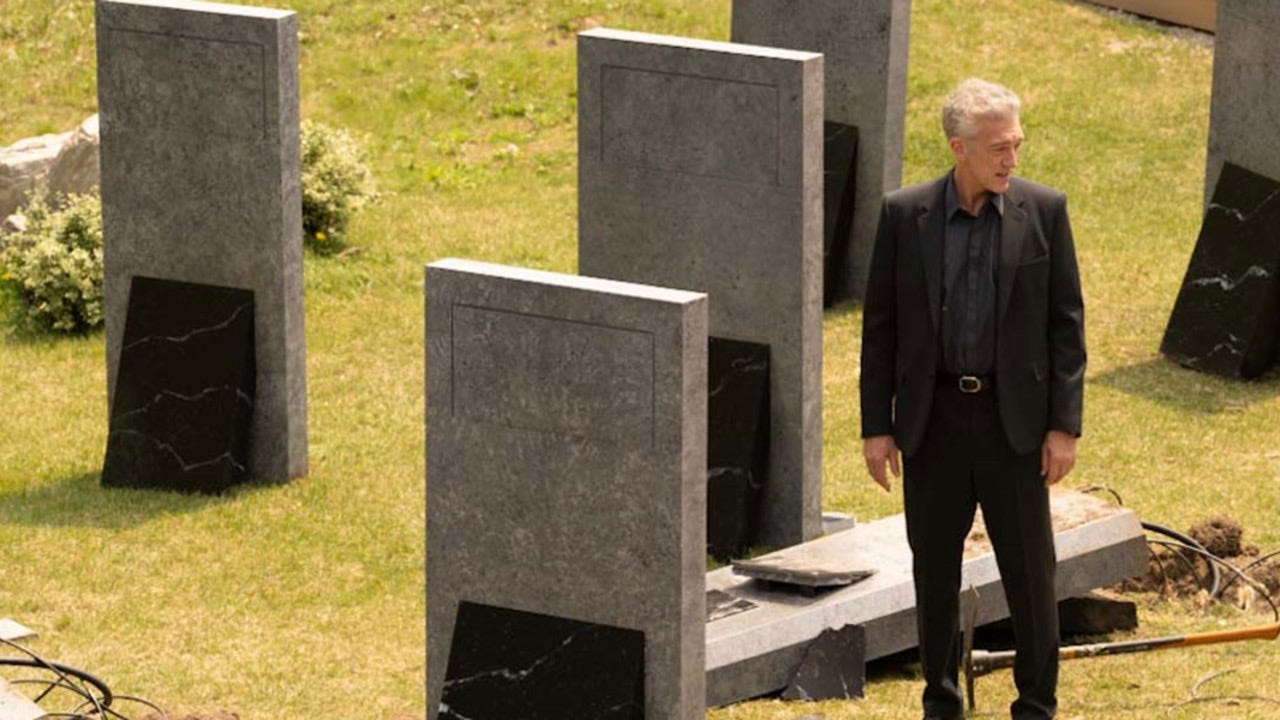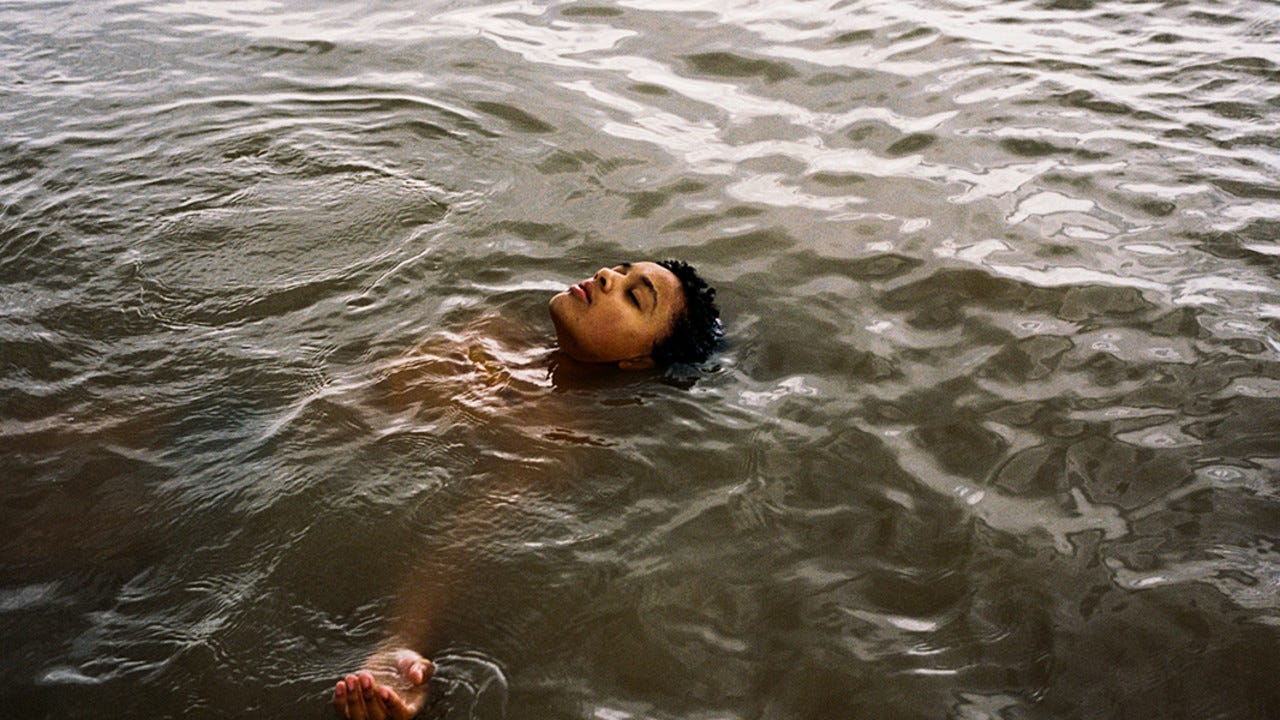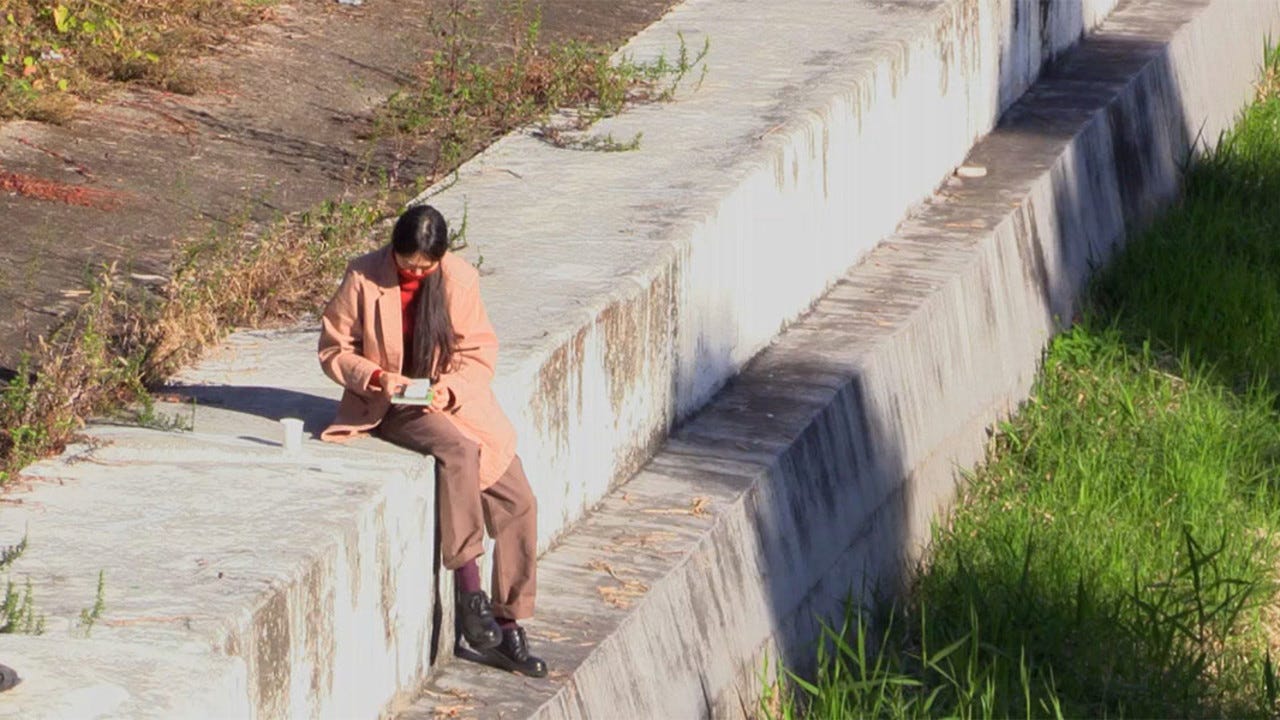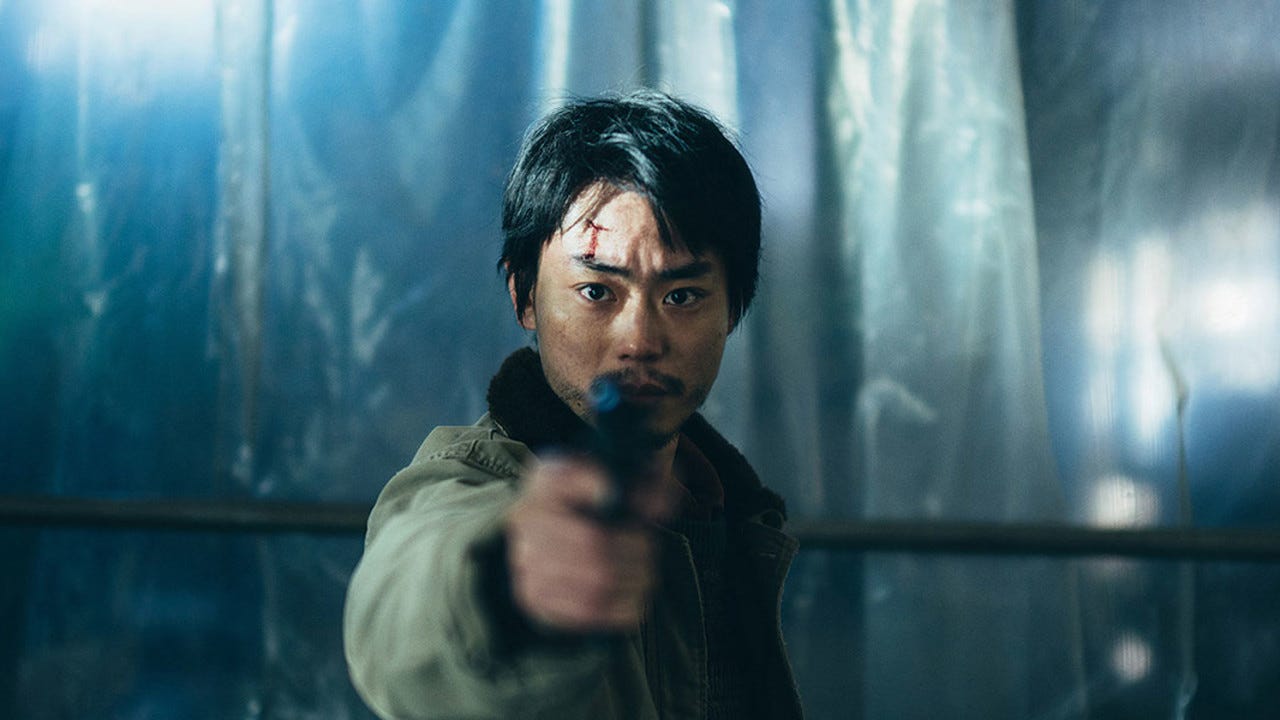It’s tempting, at the start of any TIFF, to watch too many movies in one day. I always tell myself I won’t do it, but then I do it anyway. For the public, this isn’t really the case (maybe the second day is more like it, actually), because screenings really only start in the afternoon, geared toward a few opening night titles. But for press and industry? It’s a mad, packed schedule, often filled with hot tickets from Canne and a whole bunch of other stuff, ranging from the higher profile to the small movies you may never hear about again in your life. All these screenings overlap with each other, many without too many additional screenings, so on top of the volume there’s stress induced by having to, you know, make decisions. But decisions get made, and somehow you still find yourself watching one movie after another after another.
By the early evening, as I would ask others what they’d seen, they were often already on movie number four or five, and had to struggle a minute to remember the first couple movies they’d seen. Going off little sleep from Midnight Dankness the night before, I was one of those as well. My plan was to see five movies on the first day, a large number of movies, but not unheard of at TIFF, especially in those first few days. I ended up seeing six, which was something I’d considered doing, but in this case only if I was feeling a particularly level of Day One mania. But I’ll get to that.
The day started with David Cronenberg’s new feature The Shrouds. His most obviously personal work to date, plainly working through a lot of his feelings about watching his wife die from cancer, it was a great way to start the festival. Nevermind all the great Toronto locations (my condo building is in the background of a shot!), it’s good to have an old master of CanCon start off a Canadian festival, and it helps that the movie is terrific. I suspect (in fact, I know) that many will struggle with Cronenberg’s ultimately opaque film starring Vincent Cassel, Diane Kruger and Guy Pearce, about a conspiracy involving twisted grave-viewing technology and perhaps the Russians or the Chinese, but narrative satisfaction isn’t the point. Neither is some wallop of emotion. Still, there were points I teared up. It’s a very funny film, in that strange way Crimes of the Future was, but also a sad film, suffused with loss, and with a yearning feel. This being Cronenberg, that’s a very literal idea. Dying from cancer is a physical experience, the body killing itself, the flesh turned rotten and wasting away. The flesh is Cronenberg’s greatest subject, and The Shrouds is all about the flesh in ways he’s often approached, but never quite like this, never with quite this ambivalence.
It was from there to Mati Diop’s follow-up to Atlantics, the documentary Dahomey, about the repatriation of 26 artworks to Benin from where they’d long been on display at a museum in France. Those works, looted from the Kingdom of Dahomey over a century ago, finally returned to those homeland, though there are still thousands more awaiting similar dignity. The film, in almost Frederick Wiseman fashion, follows the repatriation, with a camera at one point being closed up in a box with a statue and then opened back up, like a baby’s eyes awaking to glimpse its new reality. The artifacts themselves are given a poetic voice in narration, lending a magical, folkloric quality to the film, which expertly explores, without any kind of didacticism, the importatance of the repatriation, as well as the difficulties presented by the effort and the process of decolonization. Diop presents the voices of Beninese people, working through all these complexities, with no clear answers but one: bring all these works home.
Next was Andrea Arnold’s Bird, a film I was eager to see, but a bit trepidatious about. I love Arnold’s work. Or at least, I had. I’d become a bit unsure. After her incredible 2011 Wuthering Heights adaptation, she followed it up with American Honey, her first film in America and her biggest breakthrough to something like a mainstream indie audience. I didn’t much care for American Honey (though I’ve lately thought to rewatch it), and she followed that up with, of all things, Big Little Lies season 2—an infamously chaotic directing experience—and then the fly-on-the-wall documentary Cow, a great film about the life of a dairy cow. While Cow was great, she hadn’t made a new fiction feature I’d liked in a long time, and it’s not like Bird got the biggest fanfare out of Cannes. I can see why. It’s not her best work. She’s kind of playing the Ken Loach-inspired hits. Still, not her best is more than good enough for me. It’s the story of a girl growing up in poverty in the UK, who meets an odd vagrant named Bird, played by Franz Ragowski, who’s looking for his parents. If you’ve seen Fish Tank or American Honey, you basically know what you’re getting here, but Arnold pushes herself in new directions, with a more expressionistic editing style, and the integration of smartphone footage through insets, split screens and wall projections. She also infuses the film with bits of magical realism, a real departure for her, but welcome. I did cry at the end. She got me.
Only halfway there, I went off to see the new Hong Sang-soo movie, By the Stream. There’s not really much to say about this. Anyone who knows what Hong’s been up to for I don’t know how many years now will get what’s going on, and others are likely to be baffled. It looks and sounds like something he shot on crappy equipment essentially by himself, with the actors. Which is, pretty much, how he does it now. The films are all “the same,” but that’s fine, because what he finds through the natural, stilted, awkward conversations between his characters is real warmth and humanity. This one is particularly moving in spots, though it takes a bit of time to get there. It’s got more speaking roles than he’s had in a while, which is interesting, too. But really, it’s just Koreans having problems, drinking a lot (though maybe not as much as usual), with a lot of meta-narrative packed in for the Hong-heads.
Then we got to the big event, Kiyoshi Kurosawa’s Cloud, which for some reason I’d thought was going to be a return to horror from the Cure director, but was really a kind of weird, tense absurdist comedy about an online reseller/scammer who everyone in his life hates and wants to kill, except for one specific person, which is its own hilarious twist. Not quite what I was looking for from Kurosawa, but I was nonetheless more than happy with what I got. An extended warehouse shootout in the second half ratchets up the absurdity until the only logical ending: the ened of the world. Not literally, but also not not literally? Good stuff.
Finally, I was left with a choice. It was 11:30 at night, and I had a ticket to the opening night of Midnight Madness. Coralie Fargeat’s The Substance, starring Demi Moore and Margaret Qualley. Because I’m crazy, I decided to just go for it. The morning after, with more screenings confronting me, I can’t say it was a great decision, but I’m not sorry about it. I loved Fargeat’s previous film Revenge, and this one follows in similar hyper-pop style, with a heavy dose of caricature, in an incredibly weird, gross, and committed body horror critique of the culture around women’s beauty. The whole final act is basically a constant game of one-upping how gross and nuts the film can get, and seeing it with the Midnight crowd was electric. Demi Moore absolutely dives into her role, which is a pleasure to see, and Qualley is great as well. There’s also an incredible, disgusting turn from Reagan star Dennis Quaid! The movie, at 140 minutes, is too long and it’s certainly too much, but the too muchness is also what makes it good, and I respect that.
Then I went to sleep.










Thanks for the write-ups! The Kurosawa one sounds phenomenal, and I can't wait for more Cronenberg.
I kinda want to see Hong Sang-soo direct an Avengers movie, but like, one between missions maybe? Or, like, a real-time "Star Wars: Mos Eisley Cantina", and all the aliens are shy.
Fromtheyardtothearthouse.substack.com